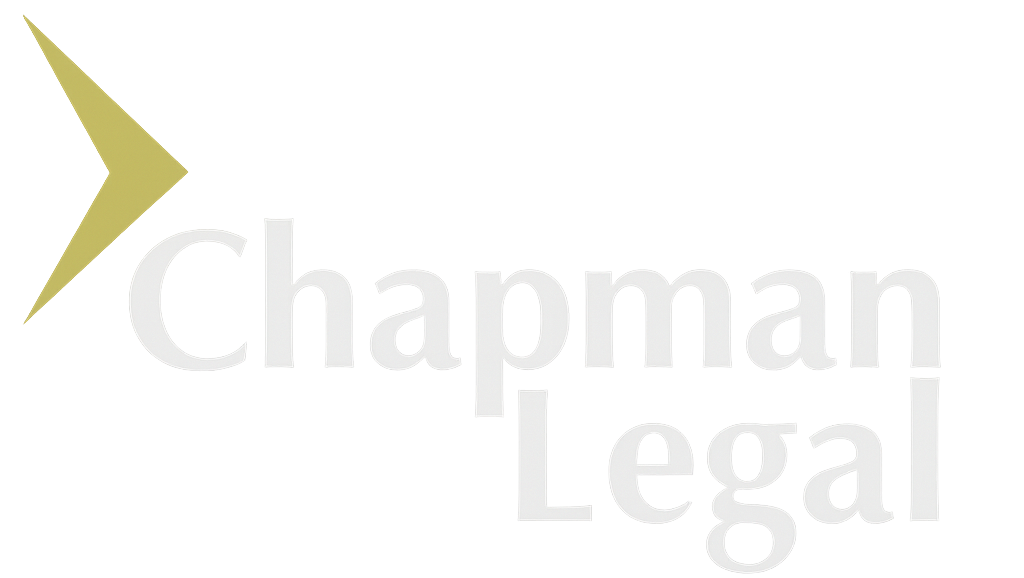California Paid Sick Leave
A Guide for Employers
California’s Paid Sick Leave (PSL) laws are among the most protective in the nation. Recent updates in 2024 have strengthened these protections even further, and it is essential that employers understand the requirements in order to avoid any costly violations. Below is a comprehensive breakdown of California’s Paid Sick Leave requirements, including accrual rules, usage rights, carryover obligations, and the latest updates employers need to know.
Accrual Requirements Under California Paid Sick Leave
California employers (with at least 1 employee) must allow employees, who work at least 30 days within a year in California, to accrue Paid Sick Leave at a rate of no less than one hour for every 30 hours worked, up to a minimum annual accrual cap of 40 hours or 5 days per year, whichever is greater. This is notably increased in 2024 from the prior requirement of 24 hours, or 3 days. Employers should begin accrual immediately, but they may restrict employees from using accrued leave until they have completed 90 days of employment.
Carryover Requirements and the Front-Load Method
Employers are required to permit employees to carry over accrued and unused PSL from year to year, but employers may cap the total accrual at 80 hours, or 10 days, whichever is greater. The current total accrual cap was recently increased from 48 hours (and 6 days) in 2024.
Alternatively, employers can "front-load" PSL by providing employees with at least 40 hours (or 5 days, if greater) of PSL at the beginning of each year. When front-loading, carryover into subsequent years is not required, provided that the employer front-loads the subsequent year's PSL at the very beginning of the next year. For compliance and tracking, many employers find it simpler to front-load PSL.
Permitted Reasons for Using California Paid Sick Leave
Under California law, employees have broad rights to use their Paid Sick Leave, which permitted reason have expanded over recent years. They may take leave for the following reasons:
Diagnosis, care, or treatment of an existing health condition of the employee or a family member
Preventive care for the employee or a family member
(for agricultural employees) To avoid smoke, heat, or flooding conditions created by a local or state emergency
For the purposes of complying with these requirements, "family members" include:
Child (regardless of age or dependency status)
Parent
Spouse or registered domestic partner
Grandparent
Grandchild
Sibling
Any designated person
Additionally, new legislation protecting employees often allow the protected employee with the ability to use Paid Sick Leave. For example, employees may use Paid Sick Leave in certain circumstances if they, or a family member, is a victim of crimes, domestic violence, sexual assault, or stalking and needs time off for legal, medical, safety reasons, or other relief
Employee Rights and Employer Restrictions
As mentioned, employees have broad and unfettered access to their PSL. For example, employers may not require employees to request PSL in writing, and they cannot require the employee to find a replacement as a condition for taking PSL. Similarly, employers cannot require a certification from a healthcare provider to certify that the request for leave constitutes a qualifying purpose.
Complying with PSL Using a PTO Policy
Employers may satisfy California’s PSL requirements by using a general Paid Time Off (PTO) policy, provided that the policy meets or exceeds the accrual, carryover, and usage rights required by the PSL statute. However, doing so can introduce additional compliance challenges. To qualify, the PTO policy must (1) provide leave that is available for all of the same purposes and under the same conditions as PSL, and (2) follows the statutory accrual and carryover rules. If these criteria are met, employers are not required to provide a separate PSL bank. Nonetheless, employers should be aware that offering PTO in lieu of PSL can limit their discretion to deny time off—particularly if they are used to treating PTO as discretionary vacation. For example, employees using PTO for a qualifying PSL reason must be allowed to take leave without undue burden, and employers cannot require advance notice, documentation, or replacement workers as a condition of approval. As a result, employers relying on PTO to satisfy PSL may need to re-train managers and update administrative procedures to ensure they do not inadvertently deny protected leave or violate the state’s notice, usage, or recordkeeping requirements under PSL. Many employers prefer to implement a separate PSL policy in order to have more flexibility with their PTO policy.
Local Ordinances
California employers should also note that several local jurisdictions apply their own paid sick leave law ordinances, many of which provide greater benefits than state law. Employers must comply with whichever law provides the greater benefit. Jurisdictions that implement their own paid sick leave ordinances include Berkeley, Emeryville, Long Beach, Oakland, San Diego, San Francisco, and Los Angeles.
Contact Chapman Legal For Help
California’s Paid Sick Leave laws are complex and carry serious compliance risks. Employers should regularly review and update policies to align with the recent 2024 updates and ensure consistent application. If you need guidance updating your policies or handling compliance issues, contact Chapman Legal today to ensure your business is protected.

